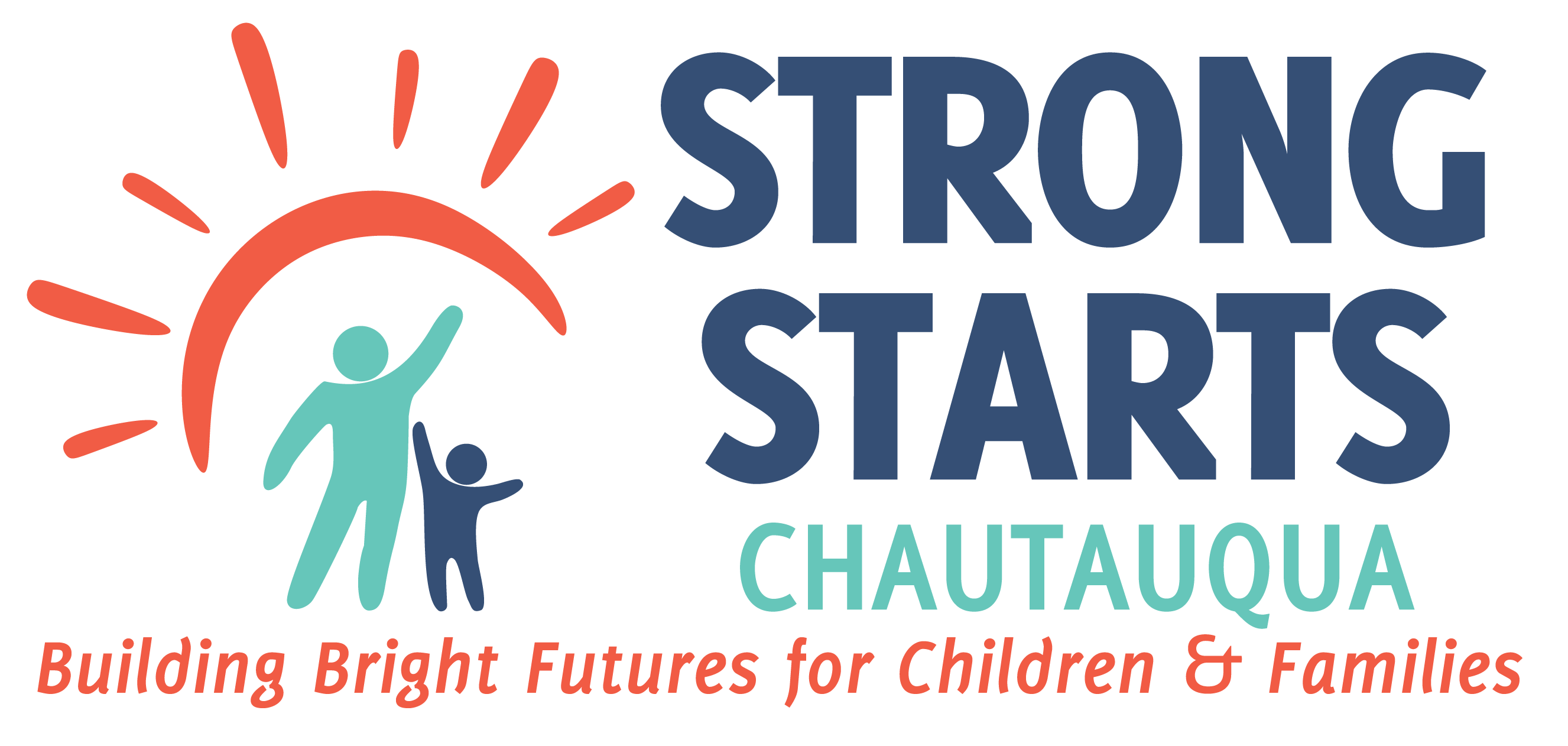Why Avoiding Secondhand Smoke During Pregnancy Matters
It’s Poisonous
Secondhand smoke contains over 4,000 different chemicals that are released into the air as tobacco is smoked. Many of these chemicals can cause cancer. A cigarette left burning in an ashtray releases more poisons as it sits than it does while being smoked. When a person smokes a cigarette, the lungs act as a filter, but smoke coming directly from the end of a burning cigarette is not filtered. This means that your child absorbs all of the chemicals through this “passive smoking.”
Poisons from cigarette smoke and vaping are absorbed into walls, furniture, clothes, toys, and human skin up to several hours after a cigarette is smoked. These dangerous particles can remain active for months and are especially dangerous for babies who crawl or play on the floor.
After Your Baby Is Born
Effects on Your Breast Milk
Remember, everything you take in can be passed to your baby through your breast milk. This includes nicotine, which can flavor the milk and limit your baby’s appetite. Nicotine can also cause your baby to vomit, have diarrhea, be restless, and have a high heart rate. Your milk supply may be reduced as well, making it difficult to provide adequate nutrition for your baby.
Babies whose mothers used tobacco during pregnancy and those who are exposed to secondhand smoke are much more likely to die of SIDS (sudden infant death syndrome), or crib death.
Short and Long-Term Health Effects
Did you know that the effects of tobacco use during pregnancy can affect children into the teenage years and beyond?
Secondhand smoke can cause your baby to cough and have trouble breathing. Babies and children who are exposed to secondhand smoke get sick more often, suffering from an increased rate of respiratory illnesses such as pneumonia and bronchitis. They also have higher rates of severe asthma and can have frequent ear infections, which may lead to hearing loss. Children get sicker than adults from cigarette smoke because they breathe faster, breathe more air, and have smaller airways than adults. All of this can mean more trips to the doctor over the years.
Difficulty in School
Children whose mothers smoked tobacco during pregnancy can have behavior problems when they get to school. Your child may have trouble paying attention to what you or the teacher says, and learning difficulties are more likely.
Prevention
Did you know that heating, air conditioning, and fans actually spread cigarette smoke through the home? Likewise, smoking in a car, especially with the windows closed, creates even more danger for your child because levels of poison are highest in closed areas. Although smoking outdoors is better, it still poses risks to your child. Smoke clings to clothing, hair, and skin, bringing poisons into the home and into close contact with your child.
It’s Never Too Late!
Talk to Someone
Stopping tobacco use now will create a healthier environment for both you and your child. Using nicotine patches can be a good option, as they may reduce the levels of nicotine in the breast milk, as compared to smoking cigarettes. Contact your healthcare provider for more information.
If you choose to continue smoking, wait until after you’ve breastfed your baby and never breastfeed and smoke at the same time. Choose to smoke outside and then wash up and change your clothes before you pick up your baby. While these precautions will reduce the effects of secondhand smoke, they will not eliminate them.
(1) U.S. Department of Health and Human Services. (n.d.). Excessive Alcohol Use Is a Risk for Women's Health. CDC.gov. Retrieved February 14, 2022, from https://www.cdc.gov/alcohol/fact-sheets/womens-health.htm
(2) U.S. Department of Health and Human Services. (n.d.). Alcohol Use During Pregnancy. CDC.gov. Retrieved February 14, 2022, from https://www.cdc.gov/ncbddd/fasd/alcohol-use.html
(3) National Institute on Alcohol Abuse and Alcoholism. (n.d.). Fetal Alcohol Exposure. National Institute on Alcohol Abuse and Alcoholism. Retrieved February 15, 2022, from https://www.niaaa.nih.gov/publications/brochures-and-fact-sheets/fetal-alcohol-exposure


